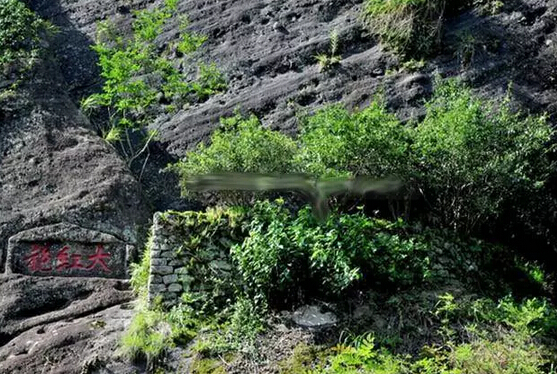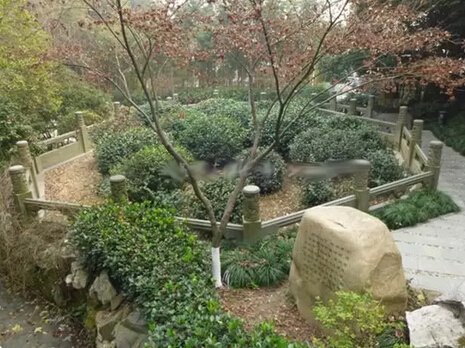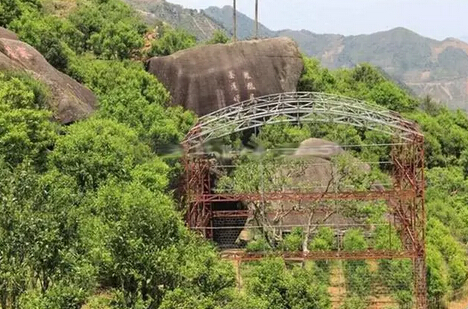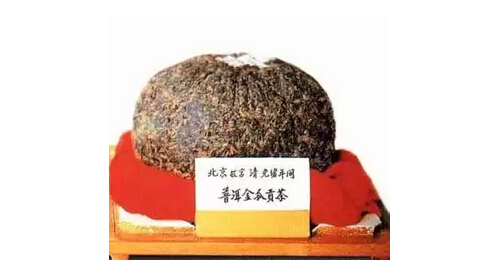
1. Wuyi Mountain Mother Tree Dahongpao
The three ancient tea trees in Jiulongke, over 350 years old, were once tributes to Qing emperors. Only the emperor had the privilege to enjoy them. At an auction, they fetched a record price of 198,000 yuan per 20 grams, equivalent to 4.95 million yuan per jin. In 2005, during the Dahongpao Festival, the price reached 520,000 yuan per jin. Harvesting has been banned for years.

2. The 18 Imperial Tea Trees of Longjing
In 2014, premium pre-Qingming Longjing sold for around 50,000 yuan per jin—but not from these 18 trees. Each tree yields only 400 buds, totaling 7,200 buds annually, producing about two liang (100 grams) of tea. Their value is beyond measure.

3. Songzhong No. 1 Phoenix Narcissus
Songzhong No. 1 is the oldest tea tree in the Phoenix tea region, aged over 600 years. Grown at 1,150 meters above sea level, it produces just two jin (1 kg) per year—far too little to share widely.

4. Golden Melon Tribute Tea
This tea is a national Class II cultural relic. In 2007, to retrieve it, organizers insured it for 19.99 million yuan. As a relic, it’s no longer drinkable. For a taste of history, alternatives like century-old Qian Lizhen Songpin tea or Qing Dynasty tea paste cost millions per cake.

Teas the Wealthy Can Access
The teas above are museum-grade, but these rare varieties are still available in the market:
1. Imperial Brand West Lake Longjing Pre-Qingming Special "Imperial 18," market price: 12,000 yuan
2. 8582 Green Cake (1980s Pu'er), market price: 120,000 yuan
3. Junshan Silver Needle "Gold-Inlaid Jade," market price: 6,000 yuan
4. Salute Dahongpao, market price: 30,000 yuan
5. Tongmuguan Golden Bud "Golden Cup," market price: 12,000 yuan